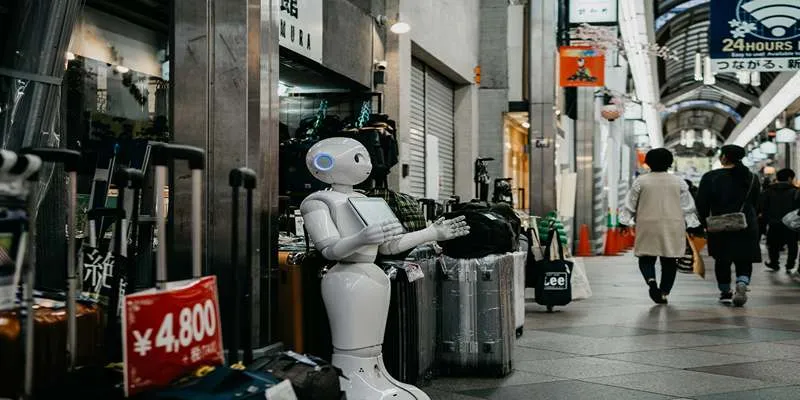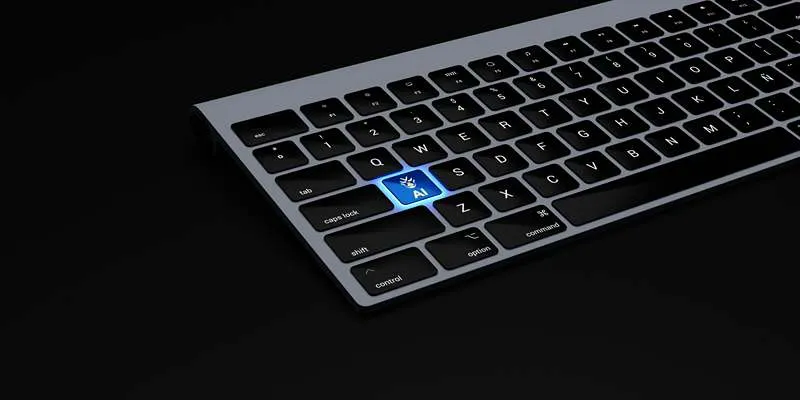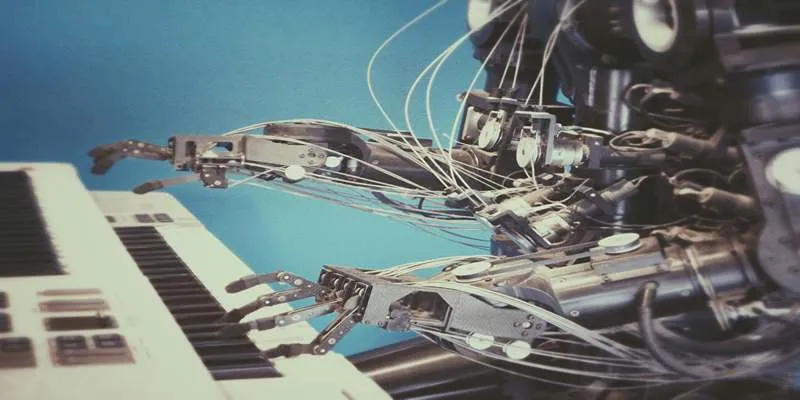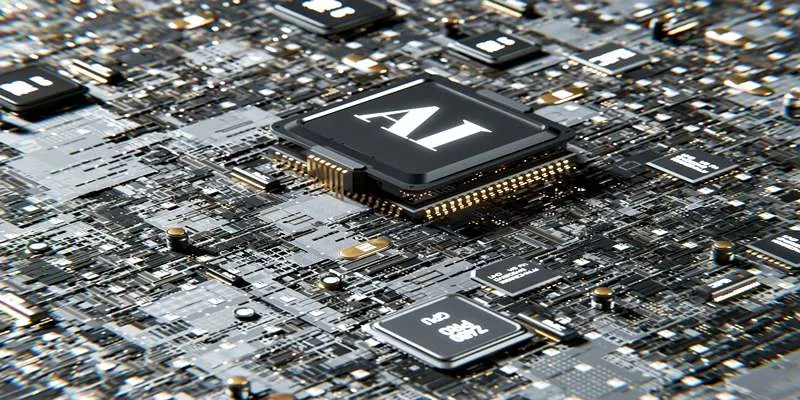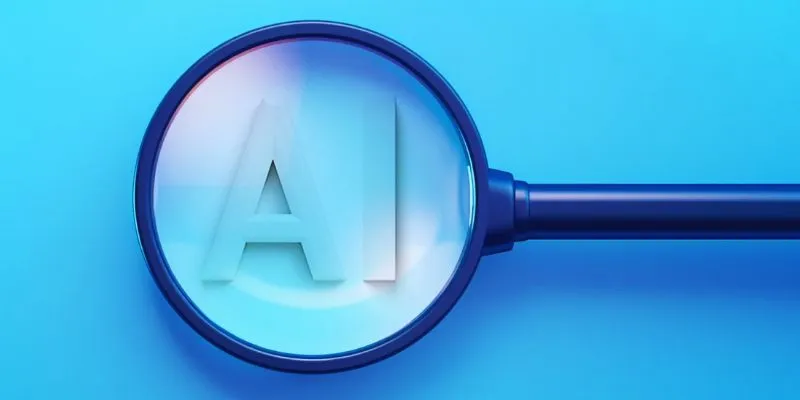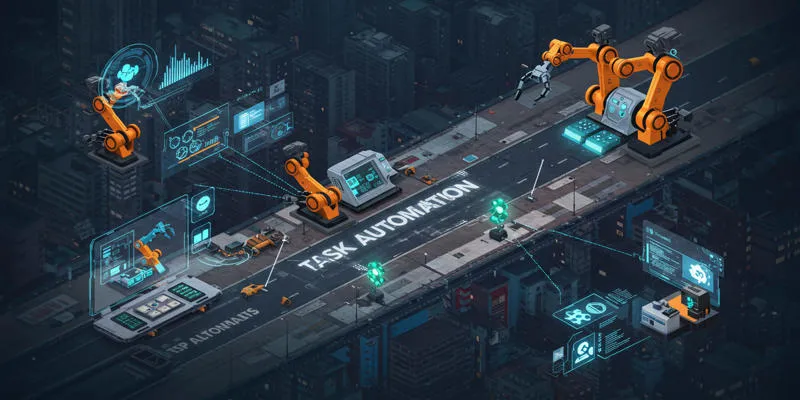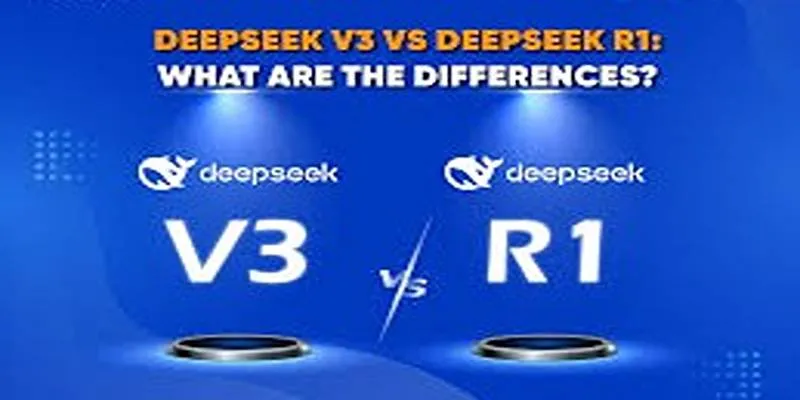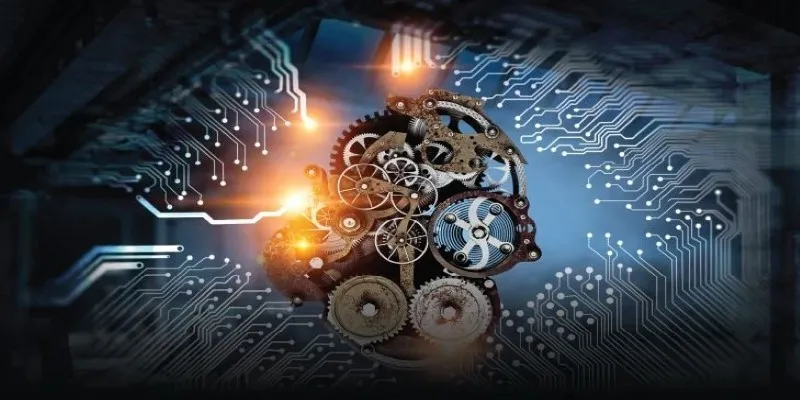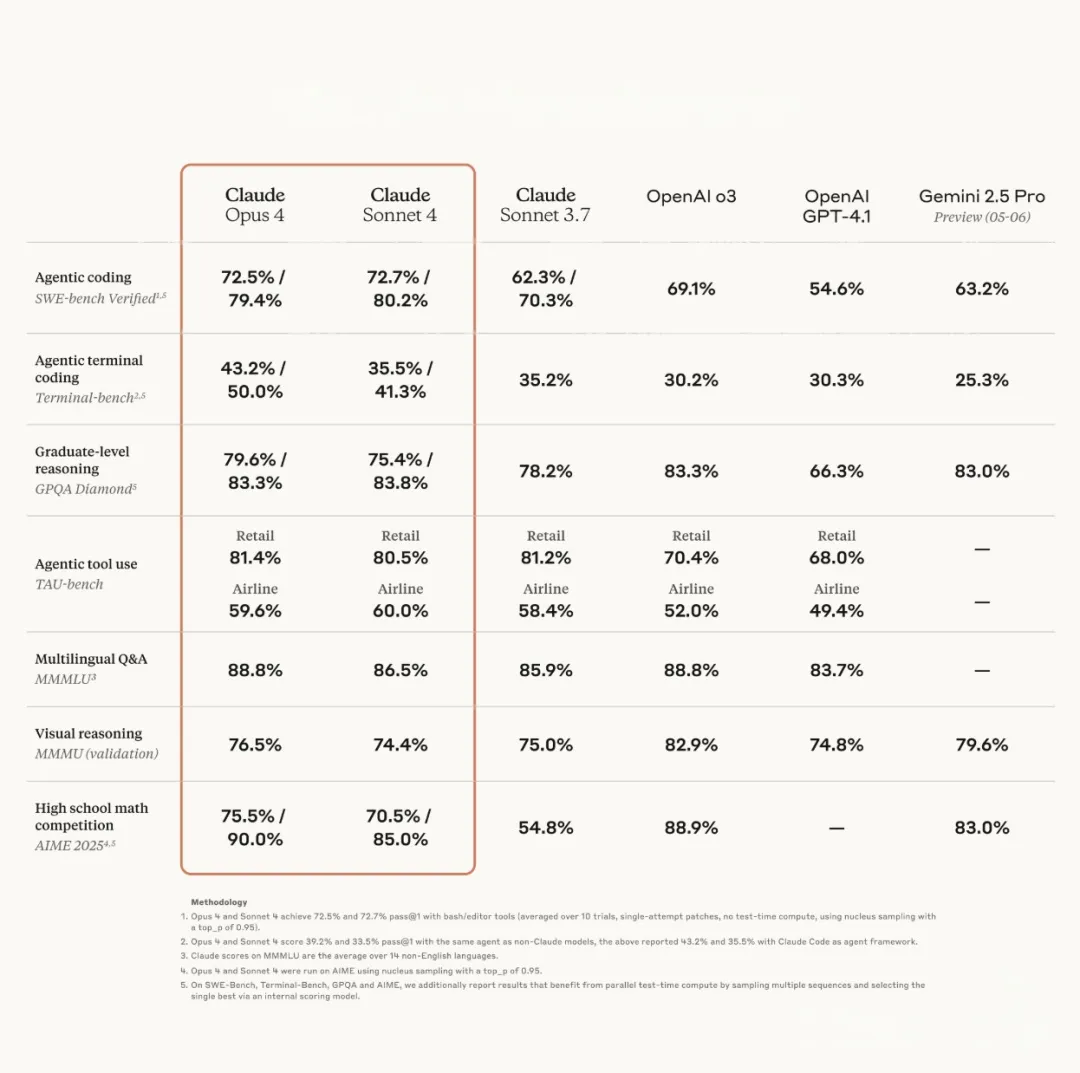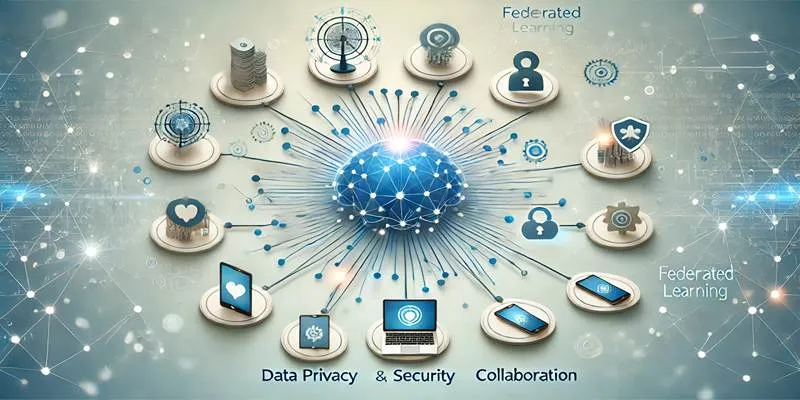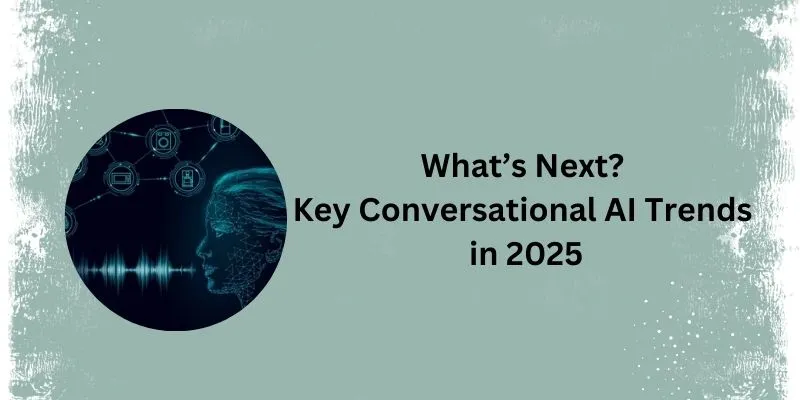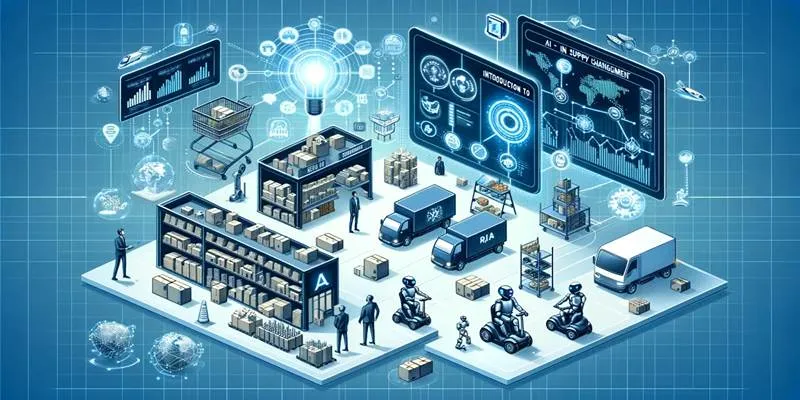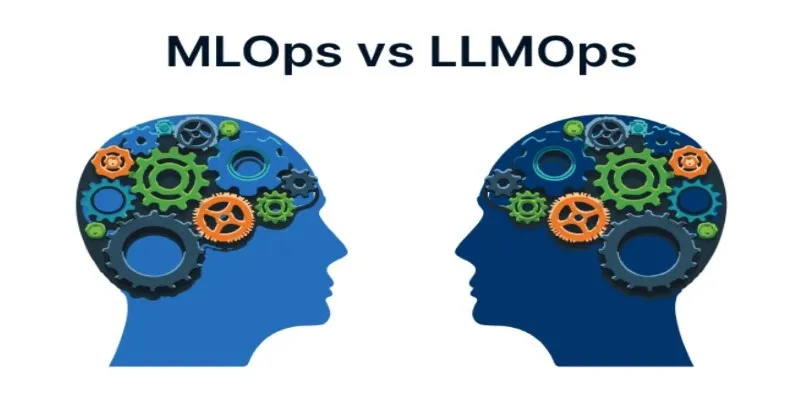With the rapid advancement of artificial intelligence (AI) technologies, organizations are increasingly leveraging AI to boost performance and cut costs. This trend raises questions about job security, promotion prospects, and skill adaptability. Will AI replace traditional career paths or create new progression opportunities? In some ways, both scenarios are true. AI is indeed generating new opportunities and skill sets. It’s crucial for both employees and businesses to understand the emerging AI career landscape to adapt effectively and make informed future decisions.

The Impact of AI on Career Growth
How AI Is Reshaping Job Roles
AI is transforming job functions across various sectors by automating tasks. From manufacturing and finance to healthcare and customer service, AI enhances efficiency by handling administrative work. This shift allows human employees to focus on higher-value activities like decision-making and strategizing. However, some roles face redundancy due to AI’s ability to perform routine tasks. For example, chatbots are replacing human interactions with clients, and machine learning is streamlining supply chain management. Despite these changes, AI offers new opportunities, making its career impact a double-edged sword that requires continuous skill development.
Automation and Job Displacement: A Real Concern?
The rise of automation-driven jobs has sparked concerns about job losses, particularly in industries with repetitive tasks. Vulnerable sectors include data entry, factory work, and even legal analysis. While technological changes have historically impacted labor markets, they’ve also created new occupations. The key challenge is to transition affected workers into new roles. Governments and businesses must invest in reskilling initiatives to support their workforce. While automation can replace jobs, it still relies on human intervention, teamwork, and creativity, which AI lacks.
New Career Opportunities Created by AI
Though AI is displacing some jobs, it is also spawning new industries. High- demand professions now include AI specialists, data scientists, and automated process managers. Additionally, AI is fostering roles where humans and AI collaborate, such as AI ethicists and human-in-the-loop practitioners. These positions require a blend of technology and human interaction to ensure AI- driven recommendations are fair. As AI integration continues, the demand for versatile workers will rise. AI upskilling initiatives are becoming increasingly popular to equip personnel for the digital transformation.
Adapting to AI-Driven Career Changes
Upskilling and Reskilling for AI Integration
The rapid growth of AI necessitates skill upgrades for many individuals. Most sectors are investing in reskilling programs focused on data analysis, AI, and digital competencies. These programs include online courses and corporate training for working alongside AI. Universities and technical schools are expanding AI-related curriculums to meet market demands. Education in AI will be a significant asset for employees in future job markets. Focusing on learning opportunities prepares employees for an AI-disrupted future.

The Role of Soft Skills in an AI-Dominated Workplace
AI cannot fully replicate human traits such as emotions, creativity, and strategic thinking. Thus, soft skills like communication, leadership, and adaptability are increasingly important. Roles involving negotiation, problem- solving, and human connection remain irreplaceable by AI. For instance, while AI can analyze financial markets, human advisors must assess client needs and build trust. The professionals thriving in the future will be those who develop both technical and interpersonal skills. It is now essential for employees to work with AI rather than compete against it.
How Companies Can Balance AI and Human Employees
Organizations must balance AI integration with human resources. Rather than replacing people, AI can enhance organizational efficiency. In healthcare, for example, AI assists in diagnosing patients without displacing doctors. Similarly, AI-driven analytics support financial specialists in making data- driven decisions. Employers should focus on integrating AI without negatively impacting employees.
The Future of Career Progression in an AI-Driven World
AI is reshaping traditional career paths by adopting a talent-based model. Employees can no longer rely on structured career progression plans. For example, IT and finance professionals are upgrading their skills to adapt alongside AI advancements. The continuous evolution of AI in automating tasks prompts companies to reconsider organizational structures and prioritize roles needing human oversight. The linear career path of the past is evolving, with lifelong learning becoming key to career success.
Conclusion
AI is undeniably transforming the job market, redefining career paths, and challenging traditional employment models. While AI may disrupt some roles, it also creates new opportunities that require continuous learning and adaptation. Businesses must balance automation with human expertise to maximize productivity while ensuring job security. Employees who embrace upskilling, adaptability, and soft skills will remain competitive in this evolving landscape. Rather than fearing AI, individuals and organizations should view it as a tool for progress, fostering innovation and career growth in an era where technology and human intelligence coexist.
 zfn9
zfn9




